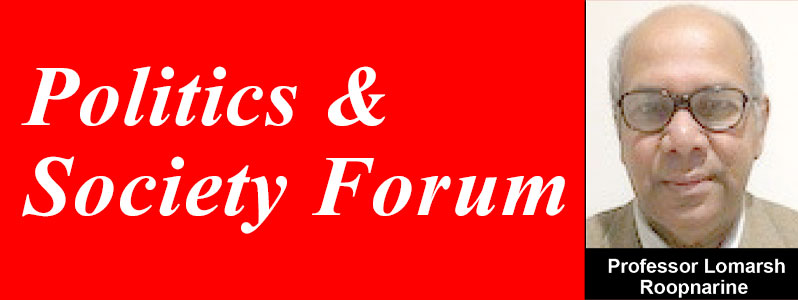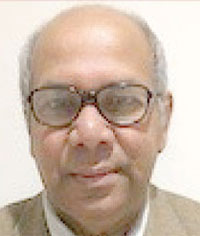THE inclusion of Joshua da Silva in the West Indies cricket squad to play against the touring South Africans starting next week brings back pleasant memories when Portuguese players in cricket were not an isolated sight, but a common occurrence in a game dubbed as one of glorious uncertainties. This observation, however, is not intended to single out one ethnic group over the other, notably, showcasing one and ignoring the other. All ethnic groups have contributed to the glory and entertainment of Caribbean cricket.
The presence of Portuguese cricketers, however, in the West Indies team has been lacking for some time. If my memory serves well, the last Portuguese player, apart from Da Silva, who represented the West Indies was Larry Gomes from Trinidad and Tobago in the mid-1980s. When Da Silva made his test debut against New Zealand in 2020, he became the first West Indian-born white to play for the West Indies cricket team since Geoff Greenidge of Barbados in 1973. Other white players have played for the West Indies but were not born in the Caribbean such as Brendan Nash, although Nash might be of a mixed race.
In the days of yore, the Portuguese did not arrive in the Caribbean to play cricket. They were one of the indentured ethnic groups brought to the Caribbean from the island of Madeira to supplant the loss of slave labour following emancipation in the middle of the nineteenth century. Some 30,000 Portuguese were brought to British Guiana while lesser numbers went to other English-speaking Caribbean islands. When their contracts expired, they drifted to urban areas and engaged in commerce so much so that urban business became synonymous with Portuguese names such as John Fernandes Limited.
Naturally then, as the Portuguese began to establish themselves and see the Caribbean as their home, they branched out and participated in sporting activities such as squash, tennis, and cricket. The presence of the Portuguese in the Caribbean cricket dates to the nineteenth century but their involvement became more visible in the second half of the twentieth century. Having pale skin in a region that by the early twentieth century the majority population had been black and brown, the Portuguese participation in cricket has been quite noticeable.
To illustrate, I remember the first-class match between Guyana and Trinidad at Skeldon Cricket Ground in Region Six in 1973. The teams were playing their final game to grab the then Shell Shield Trophy. Guyana had never won the trophy but in this final game, Guyana just needed the first innings points to win the trophy. Trinidad was up against a huge challenge of defeating Guyana in both innings to win the trophy. By tea break on the first day, Steve Camacho and Roy Fredericks took the game away from Trinidad, scoring a partnership of over 150 runs.
On the third day, Captain Joey Carew was bowling underarm, indicating that he and his team had given up, wanting the Guyanese Captain, Rohan Kanhai, to declare. Guyana won the first innings, and the game drew, allowing Guyana to lift the Shell Shield Trophy for the first time.
In that game, there were Joey Carew, Charlie Davis, Richard de Souza, as well as the Gomes’ brothers, Larry, and Sheldon from Trinidad. I think that the brothers played the 12th and 13th man positions. By then Brian Davis, the older brother of Charlie Davis, had retired. On the Guyana side, there was Steven Camacho, and a well-known commentator named Joseph “Reds” Pereira in the commentary booth. Rupert Gomes was not picked for that game, although he played in other games in the tournament. This is perhaps the only match that so many Portuguese players participated in. After the mid-1980s, there was a noticeable decline of Portuguese in Caribbean cricket, although their involvement in other sports such as cycling, racing, and swimming continued.
Why have there been only a few Portuguese players in Caribbean cricket? This absence cannot be that they are uninterested in cricket since they have a history of playing cricket at the highest level which the younger generation of Portuguese could emulate? Mary Noel Menezes informs that although the Portuguese were Europeans, they were not accepted by the white establishment and that further discrimination in the 1960s and 1970s pushed them from Guyana to look for greener pastures in North America. Whatever might have been the reasons for the decline of Portuguese players in Caribbean cricket, we welcome one Portuguese cricketer in the current West Indies squad playing against the South Africans for it represents the rich mosaic of ethnicity and culture of the Caribbean (lomarsh.roopnarine@jsums.edu).




.png)









